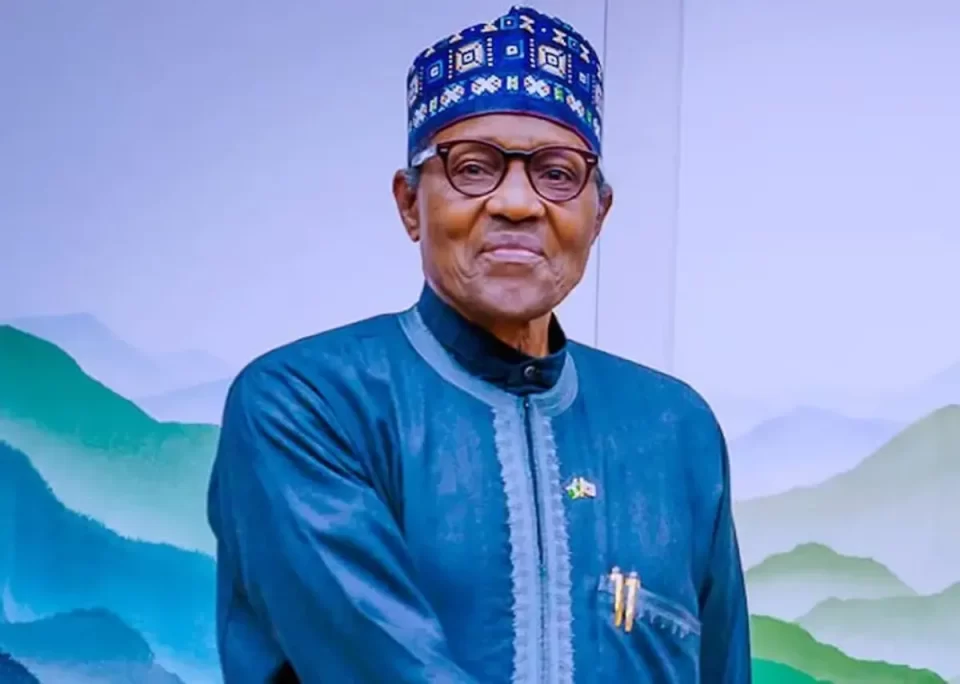The Federal Government’s revenue projection for 2023 shows that 82 per cent of its revenue will be used to pay interest on its debt, an improvement from 96.3 per cent in 2022 and 86.1 per cent and 87.8 per cent in 2020 and 2021 respectively.
It will be recalled that the International Monetary Fund (IMF) had warned that Nigeria is at risk of high debt-servicing costs, Investors King report.
The IMF has advised Nigeria to take decisive fiscal and monetary actions to achieve macroeconomic stability and implement structural reforms to enhance growth.
Nigeria’s external debt, including the private sector, is projected to rise to $121.6 billion, with external reserves reaching $37.5 billion. The IMF has also noted that the country missed the opportunity to benefit from higher global oil prices. The Federal Government’s retained revenue from January to November 2022 was N6.5tn, of which N5.24tn was used for debt servicing.
The IMF’s Resident Representative for Nigeria, Ari Aisen, has stated that by 2026, debt servicing could consume 100% of the government’s revenue. He added that interest payments on debts may exhaust the country’s entire earnings within the next four years, unless action is taken to mobilize more revenue.
The World Bank has predicted that interest payments on the Federal Government’s borrowing from the Central Bank of Nigeria will cost 62 per cent of revenue by 2027.
The high cost of debt servicing is affecting investment in infrastructure, according to the Director General of the Debt Management Office (DMO), Patience Oniha. The Federal Government plans to cut its debt-to-revenue ratio to 60 per cent in 2023, according to the Minister of Finance, Budget and National Planning, Zainab Ahmed.

